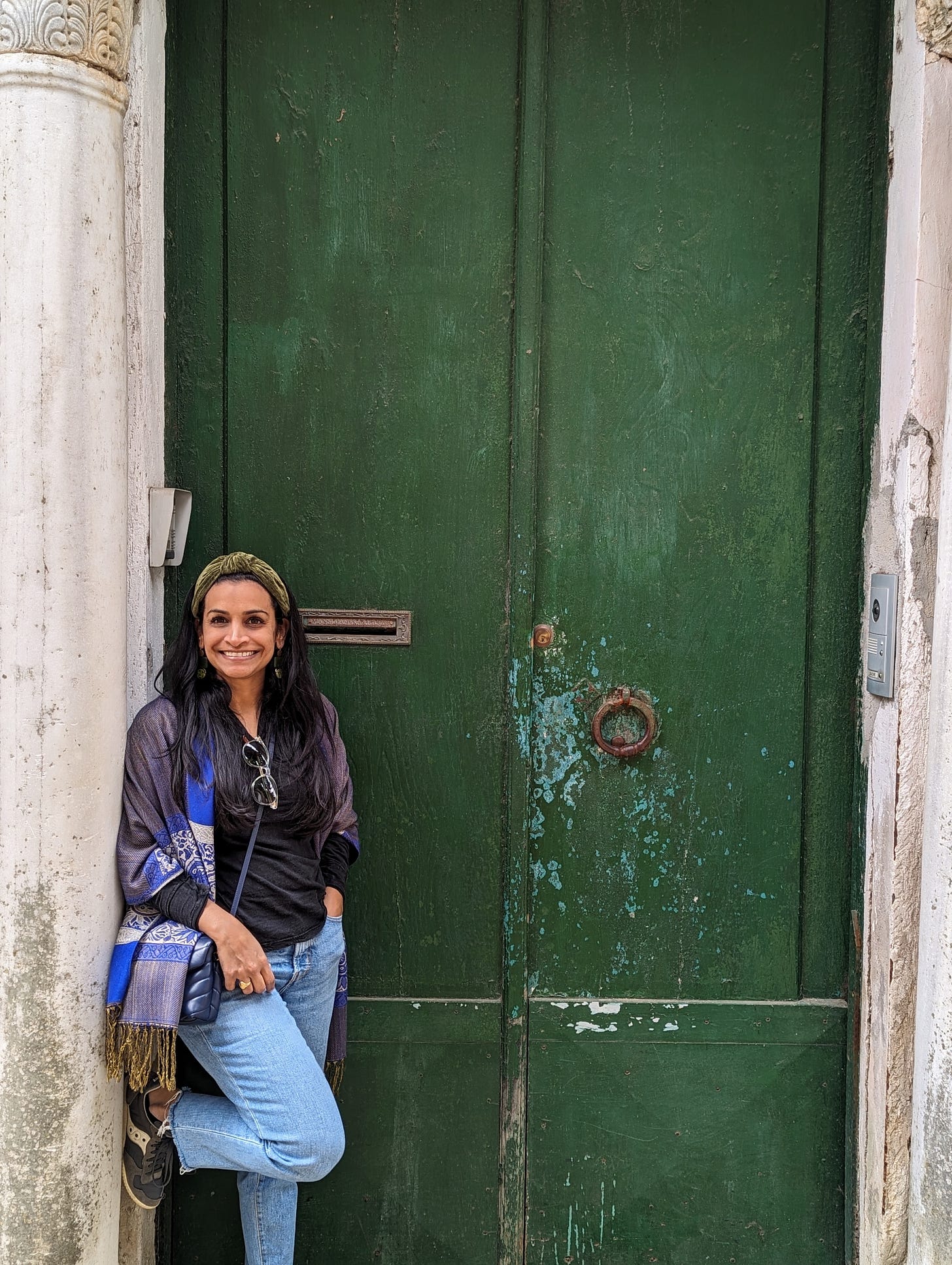Balance Does Not Exist
An update on the Year of Slow.
I’m writing to you today from my local YMCA, where I’m sitting in the wifi cafe, trying to muster up the focus to write something coherent to you.
In last week’s letter, which I sent from a hotel room in Bend, Oregon, I asked myself what was going on with the Year of Slow. Today I’m answering that question, for you and for myself.
Keep reading with a 7-day free trial
Subscribe to Real Self-Care to keep reading this post and get 7 days of free access to the full post archives.



